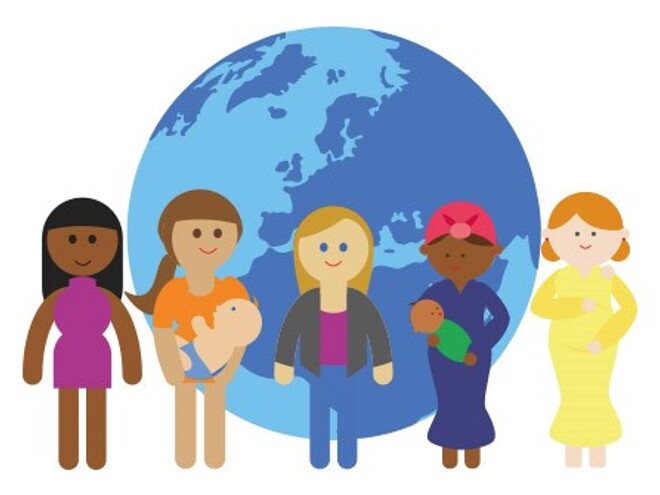
Ponad 80% noworodków na całym świecie jest karmionych piersią!
Coraz więcej kobiet na świecie decyduje się na karmienie piersią. Mleko mamy otrzymuje 80% maluszków w pierwszym miesiącu życia. W porównaniu ze statystykami sprzed 15 lat znacząco wzrosła liczba mam, które karmią swoje maleństwa wyłącznie własnym pokarmem przez pierwsze 6 miesięcy ich życia.
Trend wzrostowy cieszy, ale niestety nadal zbyt mało – bo zaledwie 43% dzieci – jest karmionych przez pierwsze pół roku życia wyłącznie mlekiem mamy. A karmienie piersią ma najwięcej zalet wtedy, gdy maleństwo zostanie przystawione do piersi w ciągu godziny od urodzenia i jest karmione wyłącznie w ten sposób przez całe pierwsze sześć miesięcy.
Wyłączne karmienie noworodka piersią niesie ze sobą mnóstwo korzyści: wspomaga zdrowy rozwój, zwiększa odporność i pozytywnie wpływa na wyniki w nauce w późniejszym wieku. Dzieci karmione tylko piersią są mniej narażone na otyłość, alergie i inne infekcje.
Źródła
Victora CG, Bahl R, Barrios AJ et al. Lancet Breastfeeding Series Group. Breastfeeding in the 21st century: epidemiology, mechanisms, and lifelong effect. Lancet 2016; 387(10017):475-90.
http://data.unicef.org/topic/nutrition/infant-and-young-child-feeding/#(odwiedzone 29 grudnia 2016) UNICEF 2016 From the first hour of life Key findings report. Full report at: <uni.cf/iycfreport2016>

Dołącz do programu Nestlé Baby&me
Nestlé Baby&me umożliwia konsumentom wystawianie opinii o swoich produktach i zapewnia dostęp do wystawianych przez konsumentów opinii o swoich produktach, jednakże na ten moment Nestlé Baby&me nie może zapewnić, czy publikowane opinie pochodzą od konsumentów, którzy używali danego produktu lub go nabyli.



